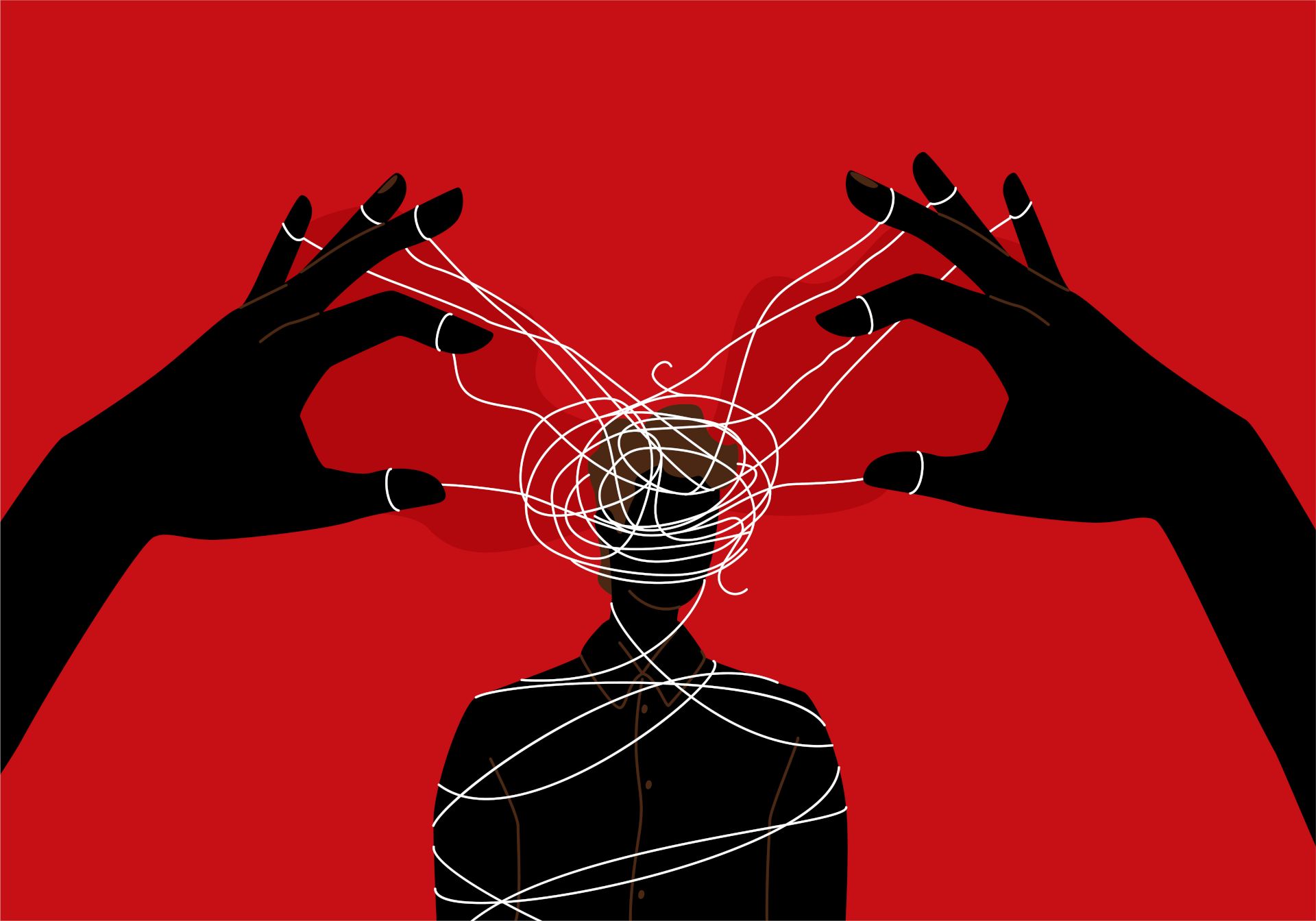While traditional autocrats and their “fear dictatorship” model, prevalent in the 20th century, have not disappeared, some scholars argue that a new type of tyrant arose toward the end of the last millennium. Among them is Daniel Treisman, a political scientist and author of several books, including the latest one “Spin Dictators: The Changing Face of Tyranny in the 21st Century,” which he co-authored with Sergei Guriev. Treisman joined Riada Asimovic Akyol in a conversation about this new kind of dictator, who in contrast to ruthlessly repressive tyrants of the 20th century who “boasted about their violence in public,” have evolved. Treisman summarizes their mode of operating: “by manipulating information, by co-opting the media, presenting a distorted version of reality. … So, instead of terrorizing people into submission, they fool them.”
Treisman and Guriev argue that what holds back the would-be spin dictators, at least in more developed, highly educated societies, is the resistance of the so-called “informed” part of the population.
“We see a highly educated, internationally connected, sophisticated society as the crucial defense,” Treisman explains in the podcast. “That means journalists, lawyers, civic activists, civil servants, academics and many others who have the skills to communicate and organize to resist the would-be dictator.” Hence, this group of people “with that kind of human capital and resources” represents one of the main challenges for the spin dictators who target “the informed” in order to prevent them from mobilizing the public and the opposition.
There are specific contexts and political conjunctures that can make a spin dictator switch (back) to a fear dictator. Treisman explains Vladimir Putin’s rule in Russia in that context and more specifically how various changes in that regime’s internal composition impacted Putin’s shift to very undisguised repression.Listen to the conversation to hear the wider angle of new challenges to liberal democracies, the suggested policy approach of “adversarial engagement” toward spin dictators and how to make sure that Western democracies don’t “sink into spin.” It is available wherever you listen to podcasts or on YouTube here.
“Wider Angle” is produced and hosted by Riada Asimovic Akyol.
Sign up to our mailing list to receive our stories in your inbox.


